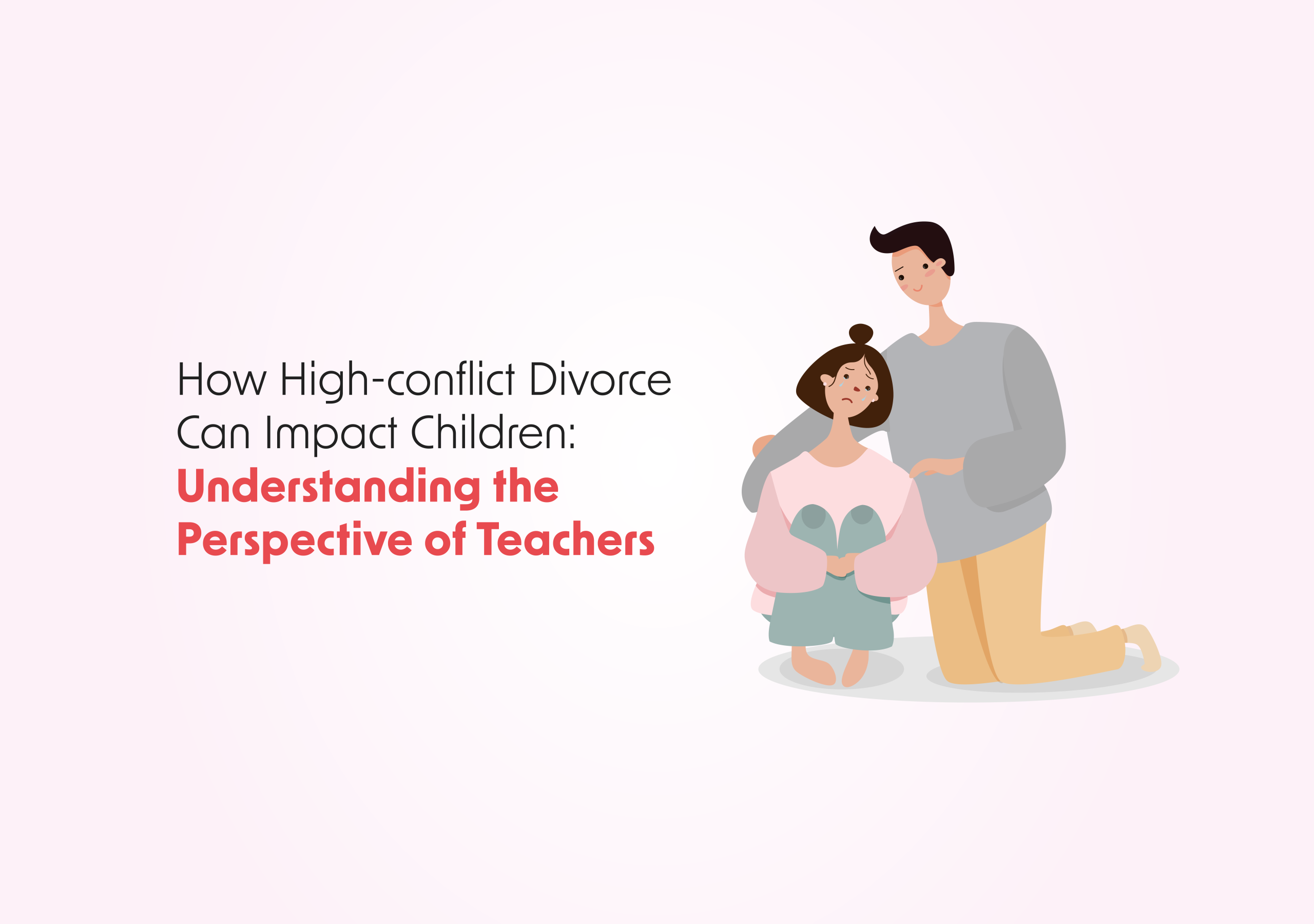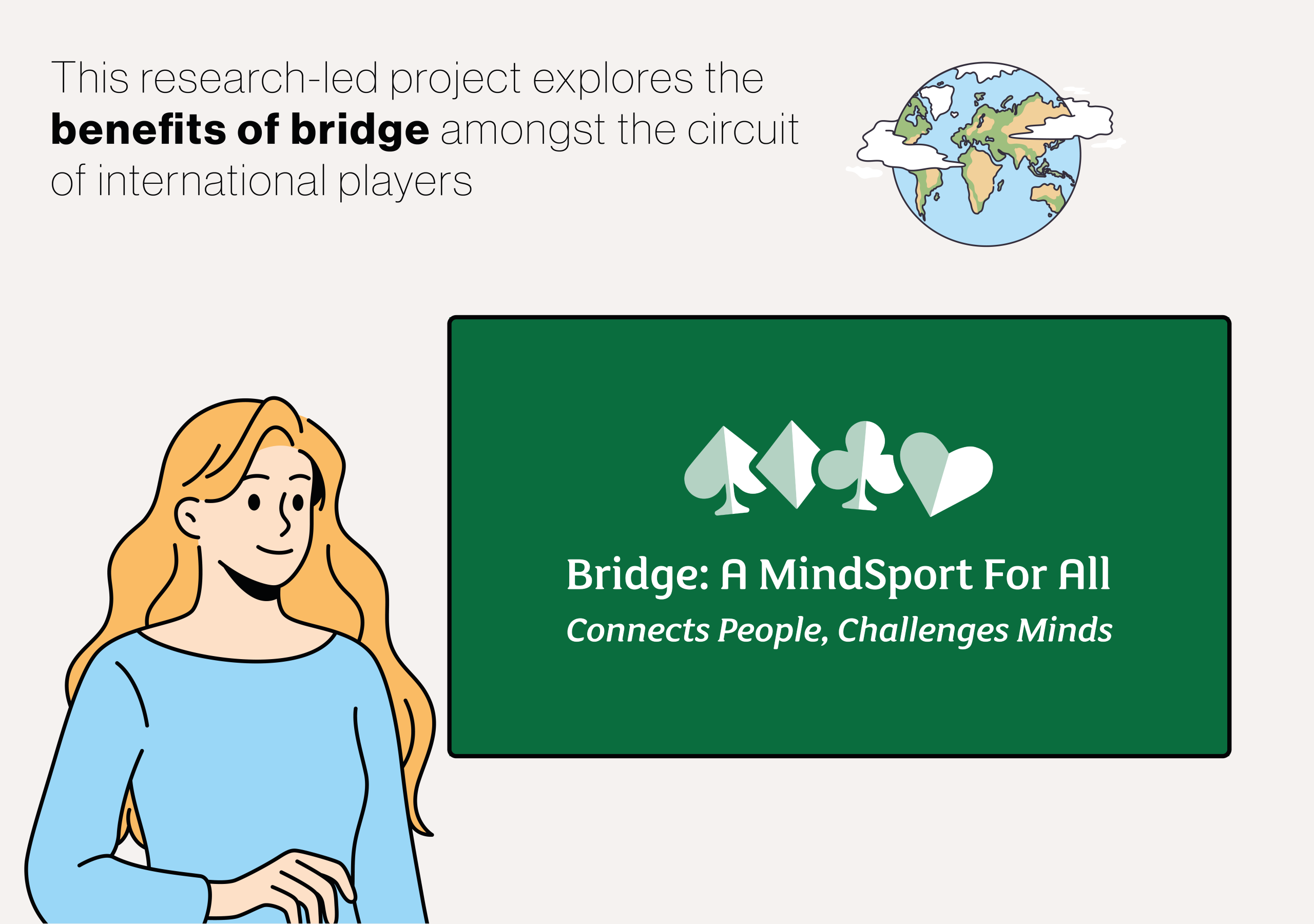Capitalism and neoliberalism inform the way in which children in the USA are schooled. Mainstream education prioritises standardisation and conformity, and may not help students develop a sense of themselves, or tools to create good relationships with others. In a recent paper, teachers Austina Lee and Gareth Dylan Smith explore how this can be challenged through ‘punk’ pedagogy. They use the case study of a high-school choir to demonstrate how their ideas can be put into practice. More
Schools in the USA have standardised performance measures that both teachers and students are expected to meet. These tend to focus on intelligence, good grades and getting children ready for the workforce. This approach might impart some useful knowledge and basic intellectual principles, but it does not help students to embrace their individualism, relate to one another, collaborate, or innovate.
This results in an education system structured around the principles of business and attainment, rather than care and community. As such, mainstream education is at odds with the aim of raising young people who engage critically with the world and form good relationships with others.
…
Music education is no different. It normally takes place in large ensembles – such as wind bands, orchestras and choirs – and is rooted in an intense environment of competitiveness and prestige. In music education, there is also a culture of competition, and such pressure leads schools to provide students with the resources to attain rather than what they need for holistic, well-rounded development.
This culture is so normalised that it essentially goes unnoticed. There is no decree that says music education should be conducted in this way or breed a culture of rivalry between students. In fact, the narrative around music education tends to emphasise creativity, authenticity, and community. However, competitive norms are perpetuated in teacher training and, over time, have become a de facto part of music education policy. Attempts to engender change are perceived as disruptive and fraught with controversy.
Studies largely show that intense competitiveness does not benefit students, that it distances them from their teachers, and that it prevents them from building healthy, caring communities. This is especially distressing given research which shows that positive relationships with teachers are correlated with greater engagement with schooling.
…
So, is there an alternative? Lee and Smith look to philosophers such as bell hooks and Marissa Silverman, who advocate for approaches to teaching that are rooted in love. For Silverman, people are motivated to do things because of love. Love creates meaning in our lives when we pursue vocations that bring us joy, in harmony with the people around us. People who do work that gives them purpose, and affirms their sense of self, live more fulfilled lives. These ideas can be used in tandem with hooks’ definition of love as comprising ‘care, commitment, knowledge, responsibility, respect and trust’.
For Lee and Smith, a ‘punk’ pushback to our current schooling system is necessary. For them, punk pedagogy has three central themes: performativity, in which the teacher adopts varying roles; autodidactism, meaning empowering students to learn things themselves; and finally, experience, meaning the understanding that students’ experiences will be at the core of their education.
A mode of education based on the principles of love and a punk ethic would show students care and compassion whilst helping them to grow and develop. It would challenge dominant, dehumanising culture and encourage children to create mutual partnerships. It would also allow them to explore successes and failures in a safe, supportive environment so that they could learn from both. It would teach students how to care for and nurture those around them, as well as enabling them to develop empathy, resilience and self-regulation.
Communities that develop in classrooms are formative, and influence how students relate to others later in life. If our education system could foster environments where children could challenge capitalist, neoliberal norms and learn to love those around them, this could transform their future homes, communities and jobs into ‘places of love’. Music education, in which students play and create together, is ideally suited to fostering this kind of environment.
…
Austina Lee is a teacher and the leader of a high-school choir in a suburban public high school in Colorado Springs. Her pedagogical approach goes against the grain of the current US education system. She is not formally educated in choral music, and this has helped her to find alternative teaching methods that break down the standard classroom hierarchies and processes.
She engages with her students as compassionate, artistic citizens and emphasises their part in the community rather than their soon-to-be role in a ‘capitalist economic machine’. She embraces equity, solidarity, rebellion, love and an ‘ethic of care’, focussing on students’ joy and honouring their humanity and individuality. Her approach recognises students’ individuality and aims to empower them rather than quash their voices.
…
Lee and Smith used a collaborative ethnographic approach to enrich their understanding of this student-focussed learning. In the course of producing their research, they discussed each element, developing their ideas iteratively. In their paper, they use of a range of vignettes of Lee’s work leading the choir.
In one vignette, the students worked on a compilation album of their own songs, often singing about their experiences of isolation during the COVID-19 pandemic. They felt safe enough within the classroom to be vulnerable, leaning on one another for support, ideas and inspiration. When the album was released, they had a party, listening through the entire album and reflecting on it in conversation.
The second vignette explored the use of words of affirmation. Each student in the class was given a bag to hang on the wall and were all encouraged to write notes to themselves and each other, celebrating their work. The teacher would look through them, putting the notes in the correct bag, allowing her to get to better know, and love, the students. During the pandemic, this became especially important and some students made the effort to write additional notes to those who had received fewer affirmations.
In the third vignette, children returning to school after lockdown made a ‘welcome back’ video for their teacher, in which they had each recorded an individual part of a song and edited it together to create a virtual ensemble. The teacher found this very moving and interpreted it as an expression of love because they knew what it would mean to her.
Together, these stories create a portrait of an environment fostering community and celebration rather than comparison and competition.
…
Through their research, Lee and Smith identify failures of the current education system in the USA. However, they also provide ways in which this can be resisted, demonstrating that classrooms need love and compassion in order to care for and serve their students.







